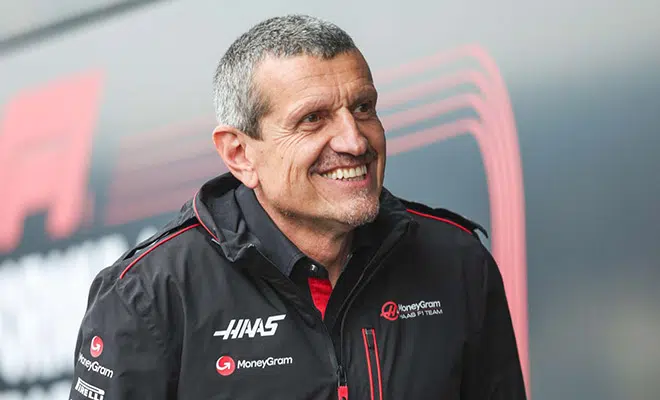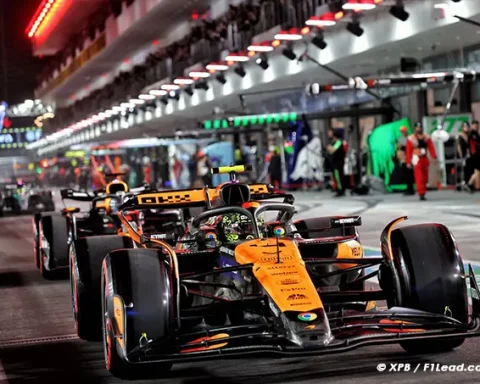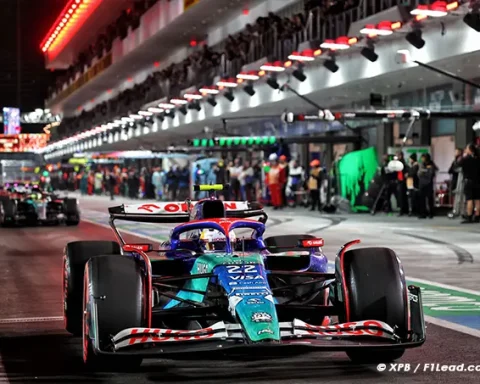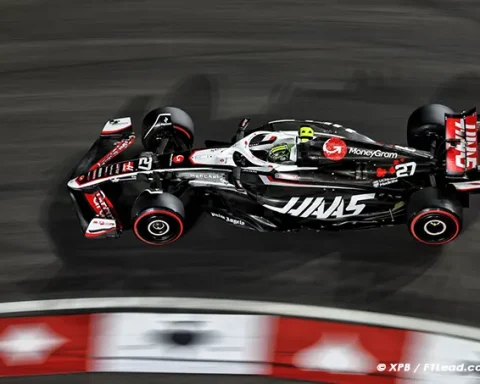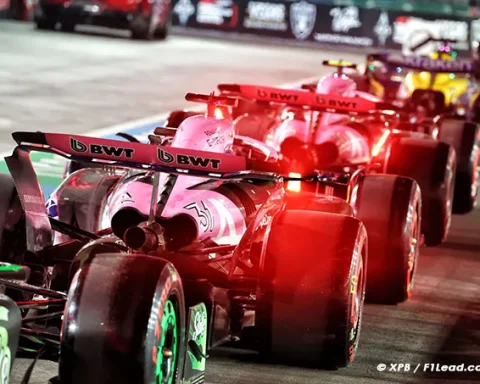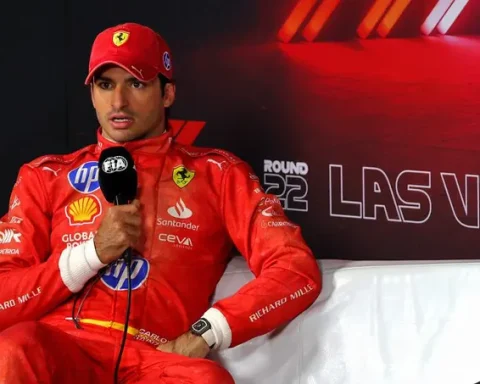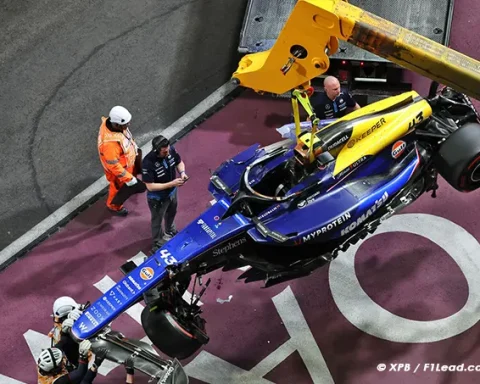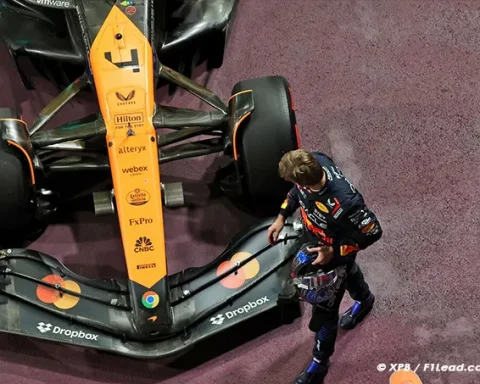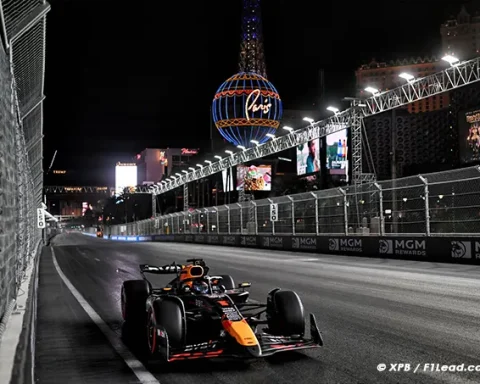Günther Steiner suggests F1’s dismissal of Andretti Global aims to protect existing teams. He believes FOM’s decision reflects a cautious approach, ensuring any new entrant is prepared for the championship’s demands.
Steiner believes Formula 1 rejected Andretti Global to protect the team. The former Haas F1 boss thinks that FOM wanted to ensure the project was robust enough before entering the championship.
“I think they looked at the project and found it too ambitious,” Steiner told ESPN. “I don’t have all the information. Maybe they looked and said they wanted them but wanted to make sure they succeed when they arrive, to protect them from themselves.”
“I think F1 protects all the teams, everyone involved in the sport, they haven’t completely shut the door. They said 2028 will be a new day, a new year, it’s a few years away, not tomorrow, but the door is open.”
There’s “no ideal number of teams”
The Italian doesn’t think Formula 1 needs to keep ten teams on the grid. According to him, there’s no ideal number, and anything can work, provided financial compromises can satisfy everyone.
“There’s no ideal number of teams. If you have 11 or 12 very competitive teams, that’s not bad, but the commercial aspect also needs to be there. To have more teams, you need to share the money with more people, which is less advantageous for everyone.”
“Suddenly, even if you have 12 competitive teams, some won’t have enough money and will fold into themselves. But then you need to keep these people around because they have the license, because you can’t say you’re not allowed to do it.”
“In Formula 1, there’s no relegation… it’s not like football. If, in football, you don’t make the necessary efforts and you don’t have the financial means, you’re relegated, and that’s your fate.”
“But in Formula 1, once you’re in the race, you have the right to stay… not forever, because nothing is eternal, but for a long time. That’s the whole difficulty.”
“All teams are expected to be competitive”
Haas was welcomed with open arms without judgments about its competitiveness, but Steiner recalls that the situation in 2016 was very different: “When we arrived, Formula 1 was completely different from what it is today, to begin with.”
“When we arrived in 2016, I think it was a time when there were [other] back-of-the-grid teams, it was expected that there would be slower teams, so we had much less pressure than any other team arriving today.”
“All teams are expected to be competitive today, all teams are stable today, whereas when we arrived, there was a need for new teams, so it was a completely different scenario.”
“But it’s a very difficult job and it hasn’t become easier, especially since a budget cap was put in place. If someone wants to arrive and be competitive by spending more than everyone else in the first or second year, they can’t do it. You can’t do more than others. The only thing you don’t have is the experience others have gained.”
“So it’s very, very difficult. I’m not saying it’s not doable, but if you want to arrive now, you have to take your team, prepare, and make sure that when you arrive in Formula 1, you will be as competitive as Formula 1 demands today.”
“There are no weak teams today, it’s very competitive. You can’t fail. FOM wouldn’t let anyone fail. So you have to make sure 100% that you can prove you won’t fail.”
F1 Andretti rejection reasons Understanding. F1 Andretti rejection reasons Understanding
- ReadMore>Hamilton to Ferrari in 2025, Sainz Moves Out
- Following us on Facebook and Twitter.
